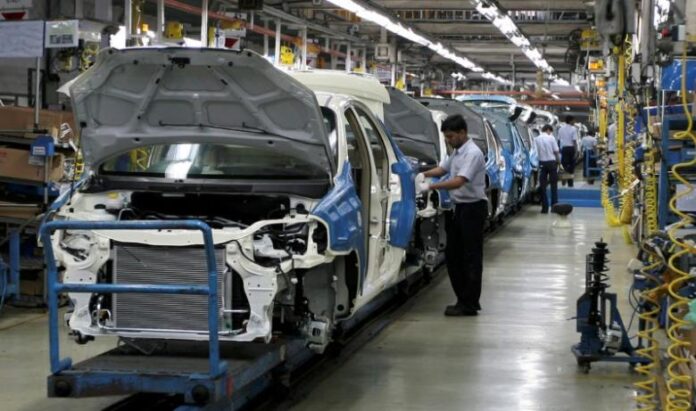ISLAMABAD: Despite lacking the required facilities, Pakistan has finally adopted the international safety standard regulations to ensure that the vehicles being manufactured/assembled in the country meet the global standard.
According to documents available with this scribe, Pakistan has ratified the United Nations treaty on “Adoption of Harmonized Technical Nations Regulations for Wheeled Vehicles, Equipment and Parts which can be fitted and/or used on Wheeled Vehicles and the Conditions for Reciprocal Recognition of Approvals Granted on the Basis of these UN Regulations, adopted at Geneva on 20 March 1958”.
The agreement was entered into force for Pakistan on April 24, 2020, in accordance with Article 7 (3) of the agreement.
As per the documents, the Pakistani Mission in New York had informed the Ministry of Foreign Affairs (MoFA) about the country’s accession to the agreement, following which the MoFA on June 18 informed the Ministry of Industries and Production about the development.
It may be noted that the UN Economic Commission for Europe (UNECE) World Forum for Harmonization of Vehicle Regulations (WP.29) is a unique worldwide regulatory forum within the institutional framework of the UNECE Inland Transport Committee. Three UN agreements, adopted in 1958, 1997 and 1998, provide the legal framework allowing contracting parties (member countries) to attend the WP.29 sessions to establish regulatory instruments concerning motor vehicles and motor vehicle equipment.
Earlier, the government had noticed that various models in Pakistan were not at par with international standards mainly due to the absence of regulatory framework in the country. To address this issue, it envisioned an Auto Development Policy (ADP) 2016-21, with the adoption of UNECE’s WP.29 Regulations.
According to an official of the Engineering Development Board (EDB), the WP.29 Regulations have been adopted and the Ministry of Industries and Production (MoIP) and other stakeholders were in talks to implement the international standards.
But insiders said there was a tug of war between the Ministry of Science and Technology and MoIP over the implementation of the regulations.
EDB, an attached department of MoIP, wanted to take the affairs into its control while on the other hand, PSQCA, a department of Ministry of Science and Technology, wished to hold the power of enforcing standards despite the fact that both the organizations lack facilities like labs, testing centres etc.
According to officials, PSQCA has a legislative mandate to develop standards to which manufacturers must conform and certify compliance. At present, no authority/department was monitoring implementation of locally manufactured car standards as these were not on PSQCA’s mandatory list.
However, once the standards were developed and notified, PSQCA could ensure implementation of the said standards in cars manufactured locally.
In the absence of monitoring of vehicles by any regulatory body, the local manufacturers of cars/vehicles were being criticized for producing low standard/quality vehicles against comparatively costlier rates in the region.
“Although the government has entered into the international agreement to ensure the production of international standard vehicles, the implementation of the regulations could be a big challenge for the regulators as well as the manufactures,” said an official on the condition of anonymity.





A must needed step yet how it is implemented is the crux.
Good move to improve the quality by adobting international standards.infact now hope vehicles prices will be justified.
int.safty measures are mandator.should be implemented to all vehicle mamufacturer with immediate effect.
These stories are pointless unless some 3rd party local research firm publishes a feature story in all major local publications showcasing what was being done before and the new changes made with diagrams that explain the regulatory codes.
In Pakistan More than 17,900 Casualties & 315.719 injuries, Foremost reason is Safety (Unacceptable number of accidents),
Safety is Primarily a ‘Human factors’ case, 90% of all traffic accidents are human failure. Loss of control & failing to avoid a vehicle in the carriage way.The absence of direct evidence of sleepiness or tiredness.Vehicle defects, Environment, etc. More than 200,000 milliard rials each year.
Europe, USA and Japan in front line for continuous research and development of new electronic driving aids like (Blind Spot warning, Lane departure warning, Rear Parking sensors, Rear camera for Rear Cross Traffic Alert, Front Camera for Forward Collision Warning & Pedestrian Collision Warning-
Advantages:
Above features are play a vital role in limiting the damage/injuries caused to the driver, passengers, and pedestrians in the event of a crash/accident.
In other hand the increasing countries government regulations for vehicle safety and increase in adoption of ADAS technology by vehicle manufacturers.
Good luck Pakistan!!
When will there be nine hundred kg oil, when will Radha dance?